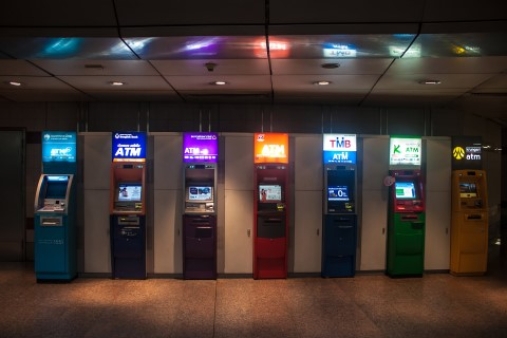
What is the progress of financial integration in ASEAN banks?
Some countries have already started negotiating to meet the deadline.
HSBC Global Research Reports that there are already some headways in financial market integration this year, as the ASEAN Banking Integration Framework (ABIF) inches closer to its 2020 deadline. Though bilateral deals have been slow to start, ASEAN countries are now in the process of negotiating with each other.
Here’s more from HSBC Global Research:
Banking sector integration is a realizable goal for ASEAN over the next few years. Under the ABIF, any “Qualified ASEAN Bank” (QAB) can be re-classified as a local bank across the 10 ASEAN economies, allowing them to operate and compete more effectively with international counterparts. ABIF requires each of the ASEAN-5 (Singapore, Thailand, Malaysia, Indonesia, Brunei) countries to have at least one bilateral agreement with each other by the end of 2018 on QAB entries. Moreover, the framework targets that each of the 10 ASEAN members must have at least one bilateral agreement with each other by 2020.
Singapore is the only country that has yet to start bilateral negotiations with its ASEAN-5 peers, but as one of the most open financial hubs in the world, we expect those negotiations to go relatively smoothly. At its current pace, it seems very likely that the region will meet its 2018 ABIF benchmark, which bodes well for ASEAN integration. In particular, the Philippines, Malaysia, and Thailand have made impressive progress on moving forward with ASEAN banking integration.






















 Advertise
Advertise








